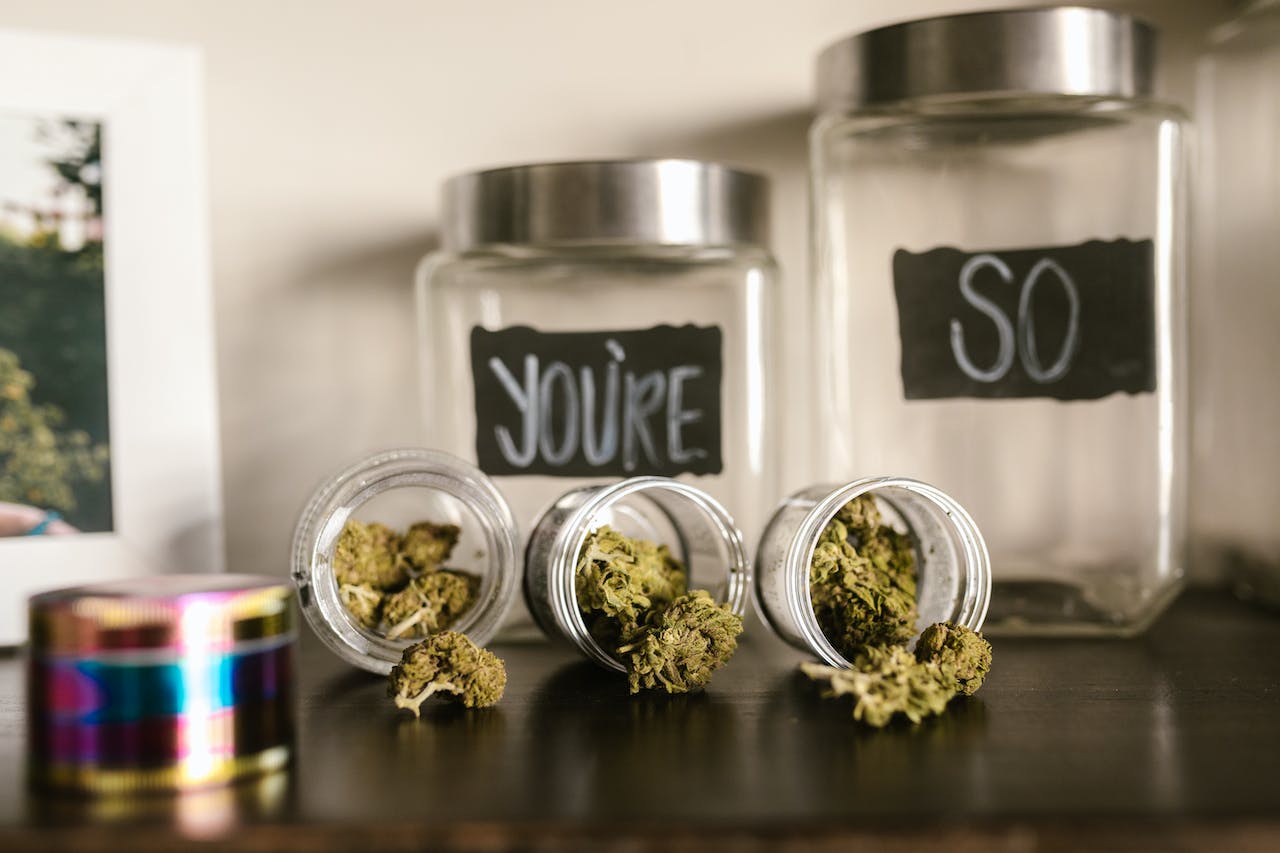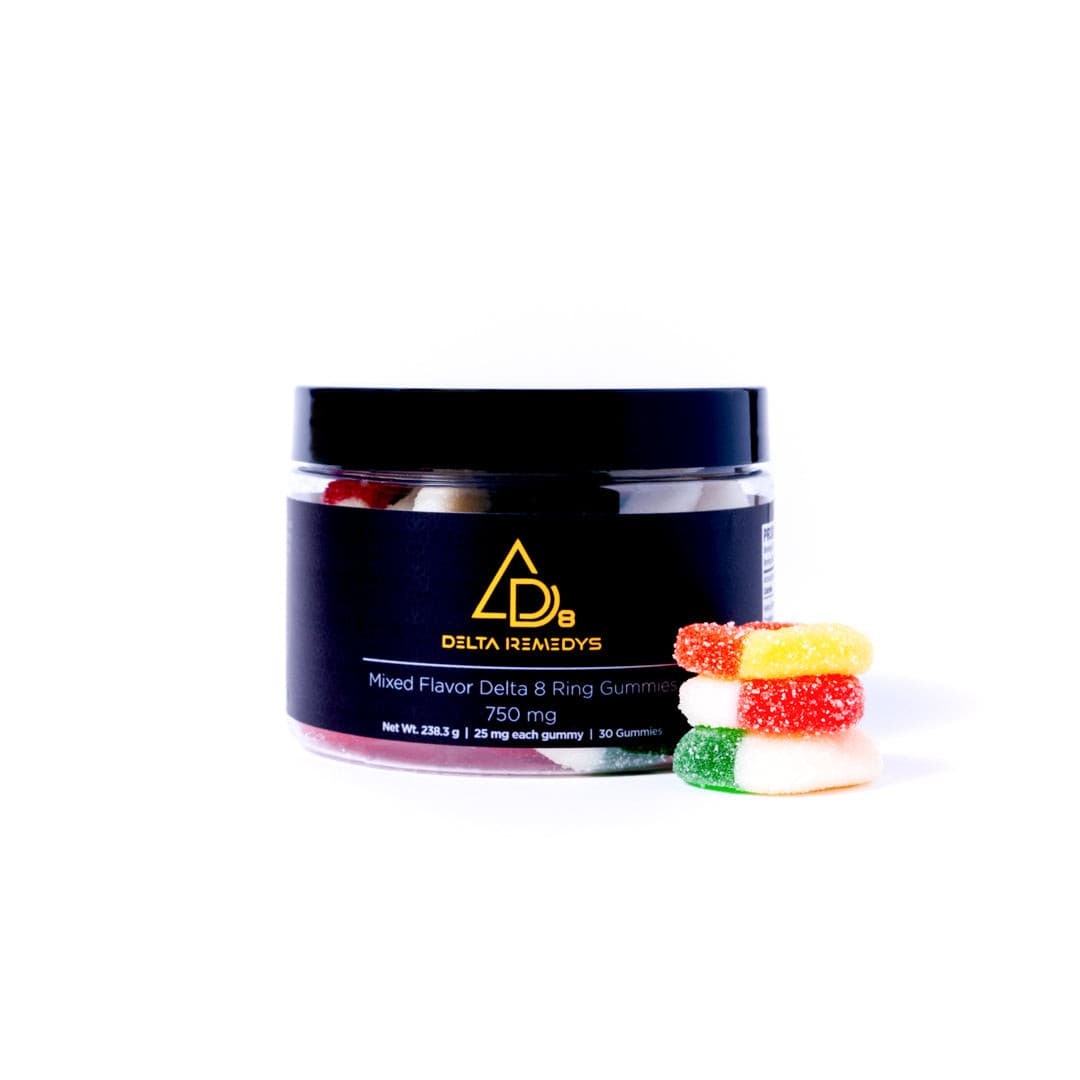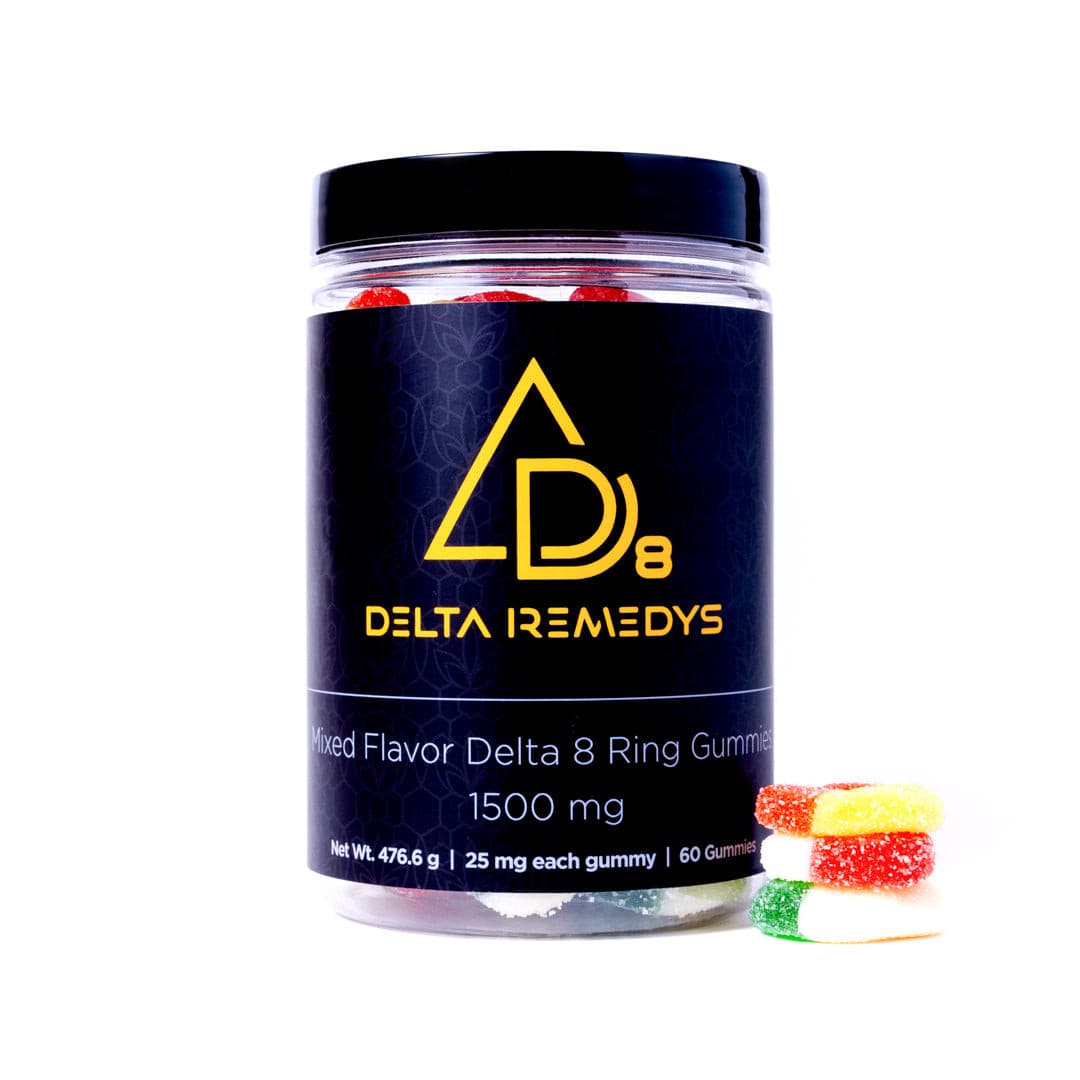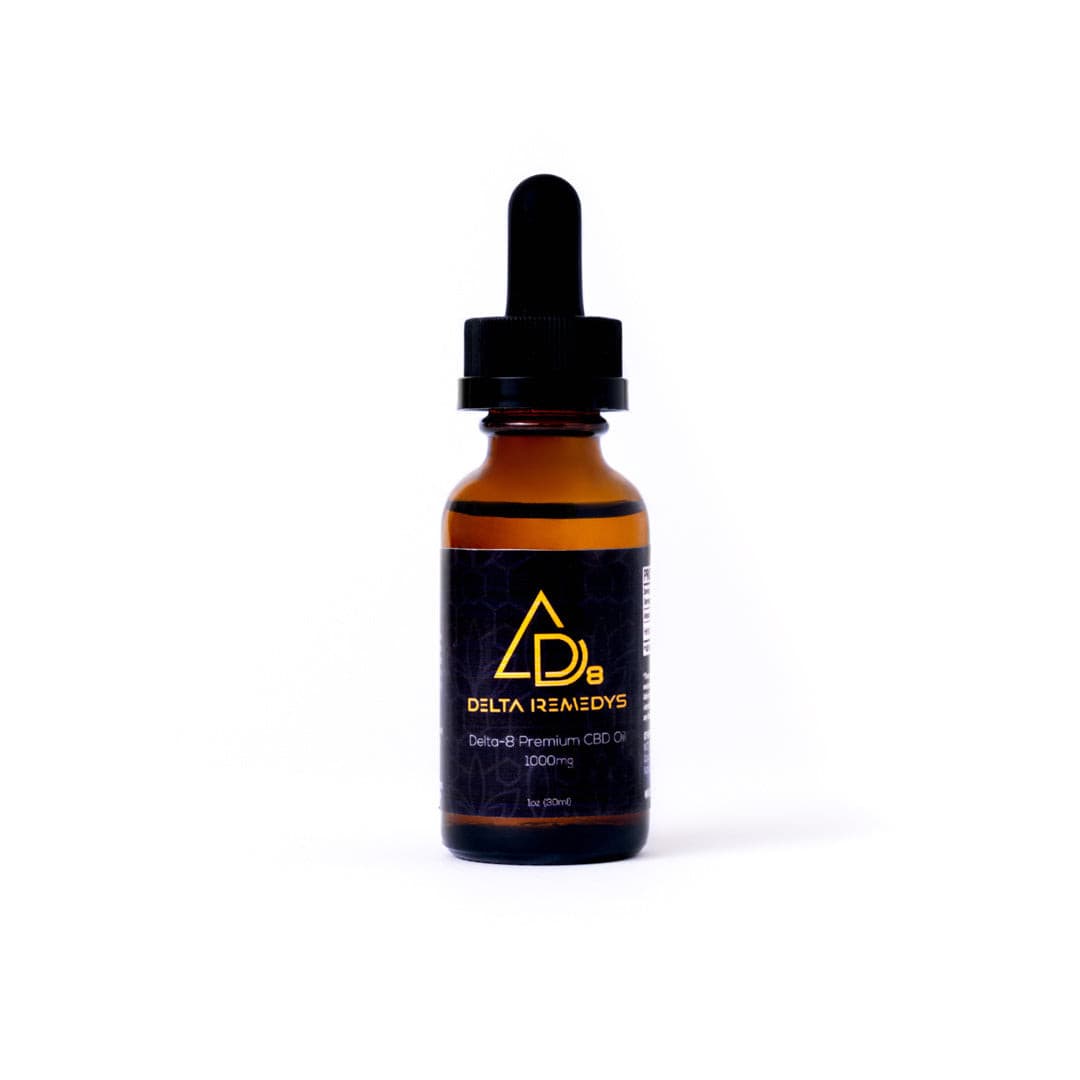The usage of both HHC and THC is a hot topic in the cannabis world. Some people are convinced that THC is better, while others are enthusiastic about how great HHC is working for them.
Now, the question is, what makes them different?
To help you decide, it is important to compare and contrast these two cannabinoids in depth.
How are HHC and THC different from one another? How do you compare the two? Is there a clear winner depending on your tastes and requirements?
We have gathered all the required information to make informed decisions about your health and wellness routine.
In this post, you will learn the distinctions between HHC and THC. Find out what can be a better option for you, and choose wisely!
HHC: What is it?
Hydrogenation is the process by which THC is converted to HHC. Although HHC does occur naturally in the cannabis plant (trace amounts), these amounts are insufficient to have a significant influence.
In 1944, chemist Roger Adams transformed Delta-9 THC into HHC for the first time. He added the hydrogen atoms to the molecule using the hydrogenation technique.
Along with other well-known cannabinoids derived from hemp, such as certain varieties of CBD and Delta-8 THC, the majority of commercially available HHC now comes from the hemp plant. Federal law now permits the sale of certain hemp products, including HHC edibles and vape carts, because of the 2018 Farm Bill.
The Mechanism
The binding affinity of Delta-9 THC to the CB1 and CB2 receptors in your ECS and several pain receptors is reduced when hydrogen molecules are added to the compound.
Hydrogenation not only makes the substance more stable, but it also extends its shelf life and ensures that its potency remains unchanged. Additionally, compared to other cannabinoids, HHC is more resilient to heat, UV radiation, and poor storage.
THC: What is it?
Humans’ endocannabinoid system (ECS) is regulated by cannabinoids, which are the most notable chemical components in cannabis sativa. On the other hand, we have terpenes and flavonoids, which give various strains of the plant their distinctive smells and scents. Among the more than a hundred cannabinoids discovered in cannabis is tetrahydrocannabinol, more commonly known as THC.
Because it causes psychotropic, or the euphoric state often associated with marijuana, THC is one of the most well-known cannabinoids. Not to be confused with Delta-8 or Delta-10, this chemical is also known as Delta-9 THC.
The “9” designation comes with the presence of a double bond on the ninth carbon atom in its molecular structure. This matters because it influences the effects produced by the cannabis by altering its bonding with the ECS.
The Mechanism
By binding to one of two cannabinoid receptor types—CB1 or CB2—in the body, cannabinoids can affect the central nervous system (CNS) along with the peripheral nervous system (PNS).
The primary binding site for Delta-9 THC is the cannabinoid receptor type 1, and the chemical structure of the cannabinoid determines the strength of the connection. Although Delta-9 and Delta-8 THC have comparable effects, the latter is gentler since its double bond is located on the eighth carbon atom.
Comparing the Effects of HHC and THC
It is important to be cautious while evaluating HHC due to the lack of trustworthy data on the compound. Still, it is commonly said that it produces intoxication at a level approximately half that of THC. Products with a concentration of up to 99% HHC are available, in contrast to THC, which is difficult to produce in its (almost) pure form. Therefore, extreme caution is a must!
HHC does not only cause a rapid rise in core body temperature or pulse rate, but its soothing effects are mild and serve primarily to induce a relaxed, calm state. The profile of HHC is very similar to that of THC in terms of its effects on the human body, according to preliminary study data.
Potential benefits include reduced pain and increased equilibrium, while possible side effects include heightened anxiety, vertigo, or paranoia. However, sleeping problems are the major ones.
Everyone’s experience with HHC is unique. Some people find it helps them fall asleep faster, while others find it worsens their insomnia.
The fact that it is legal and readily available is a major draw for users. We need to know if this current setting is permanent or subject to change; the HHC has only been around briefly despite its tremendous attention in some communities. As a result, the impacts and hazards of HHC still need to be thoroughly studied and mapped out in any directional studies.
Comparing HHC and THC
The distinction between THC and HHC is not well understood, and there are not a lot of studies to rely back on when trying to grasp it. We know a lot about the effects of THC from studies and reports, but what we know about HHC is mostly from anecdotes.
Here are some valid differences between the two:
Occurrence
Hexahydro cannabinol, or HHC for short, is a distinct cannabinoid that, in contrast to THC, does not exist in nature in unripe cannabis plants. Rather, HHC is an uncommon cannabinoid to find in nature since it is the product of hydrogenation or aging of THC.
The chemical changes that occur in ordinary THC when it ages or goes through hydrogenation lead to the creation of HHC. Hydrogenation is a chemical transformation that alters the chemical makeup of THC cannabinoids to HHC cannabinoids by saturating the molecule with hydrogen.
It is possible to artificially stimulate the aging or hydrogenation process, which converts THC to HHC, or for it to occur naturally over time.
Chemical Make-Up and Characteristics
The double bond on the ninth carbon atom of THC makes it unique among cannabinoids; this bond strengthens the molecule’s binding to the ECS’s CB1 receptors, which in turn increases the drug’s effectiveness for users.
The chemical difference between THC and HHC is mainly because hydrogenation makes the former more stable and less potent by replacing the double bond of Delta-9 THC with hydrogen.
Limitations and Legal Standing
The subject of legal status is one area where THC and HHC differ significantly. There is a legal gap that allows hemp-derived products, such as HHC, to exist. The legal safeguards offered by the 2018 Farm Bill allow for their manufacture, distribution, possession, and transportation as long as their THC content is 0.3% or less.
So far, it has been thought that this protection includes synthetic forms of trace cannabinoids that come from hemp cannabis, even though the 2018 Farm Bill doesn’t say so directly. This has prompted some states to take an independent legislative stance to control synthetic items.
On the other hand, the federal government has not lifted its prohibition on marijuana with a greater THC content. Learning about your state’s laws is best to make the right decision.
Possible Therapeutic Effects
There is a medicinal niche for both THC and HHC. Among its many medical applications, the THC molecule has been shown to alleviate pain, stimulate hunger, and treat sleeplessness.
Despite its relative obscurity, the HHC molecule is quickly becoming popular among individuals looking for a less intense high due to its possible anxiolytic and neuroprotective effects.
There needs to be more well-established evidence supporting the medicinal potential of HHC because it is still a relatively novel compound. Nevertheless, there is speculation that HHC could have anti-inflammatory and analgesic effects comparable to those of Delta-9 THC, albeit without the high.
Finding the Right One for You
Reasons to Use HHC
Despite its usage for medical and recreational purposes, there is no evidence to support any particular use of HHC. There is a severe lack of oversight and safety measures for synthetic cannabinoids, including HHC. Thus, consumers must exercise extreme caution when using these items. In a perfect world, you only buy high-quality HHC gummies from an authentic seller.
Reasons to Use THC
There are two main uses for THC: medical and recreational.
Patients in several states can now access THC-based products for a variety of issues thanks to officially sanctioned medical marijuana programs. Additionally, medicinal synthetic THC medicines are available to help the user with certain medical conditions.
Conclusion
We assume you know the distinctions between THC and HHC if you are still reading. In terms of the effects and the legal status of each, the discussions above are quite clear.
Before using any cannabis product, it’s a good idea to find out what the laws are in your area. Also, ensure you are buying it from an authentic source!
When you compare HHC and THC, you can see a whole new world of possibilities that could be used for medical, recreational, and commercial uses. Different from one another in molecular structure and effects, HHC and THC provide a wide range of experiences and advantages, satisfying consumer tastes.
The importance of being well-informed and connected within the cannabis sector is growing as the product market evolves. That being said, remember the effects of HHC and THC on different people can vary greatly!




